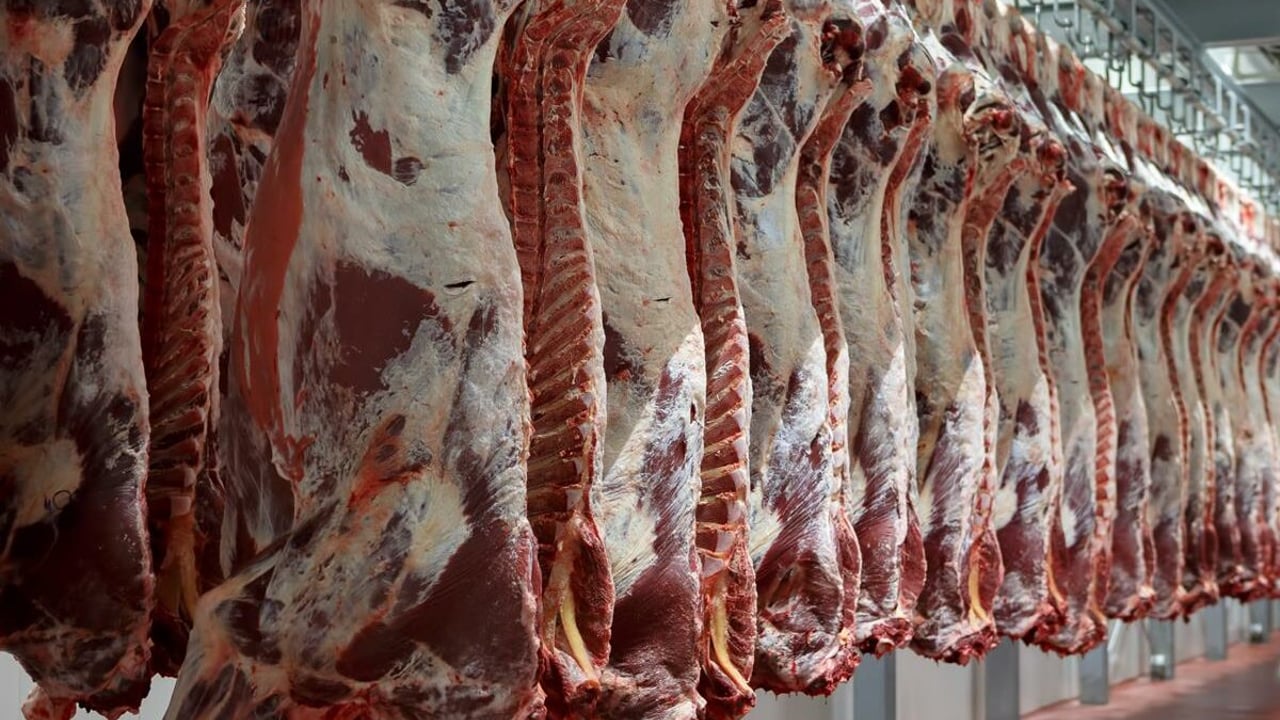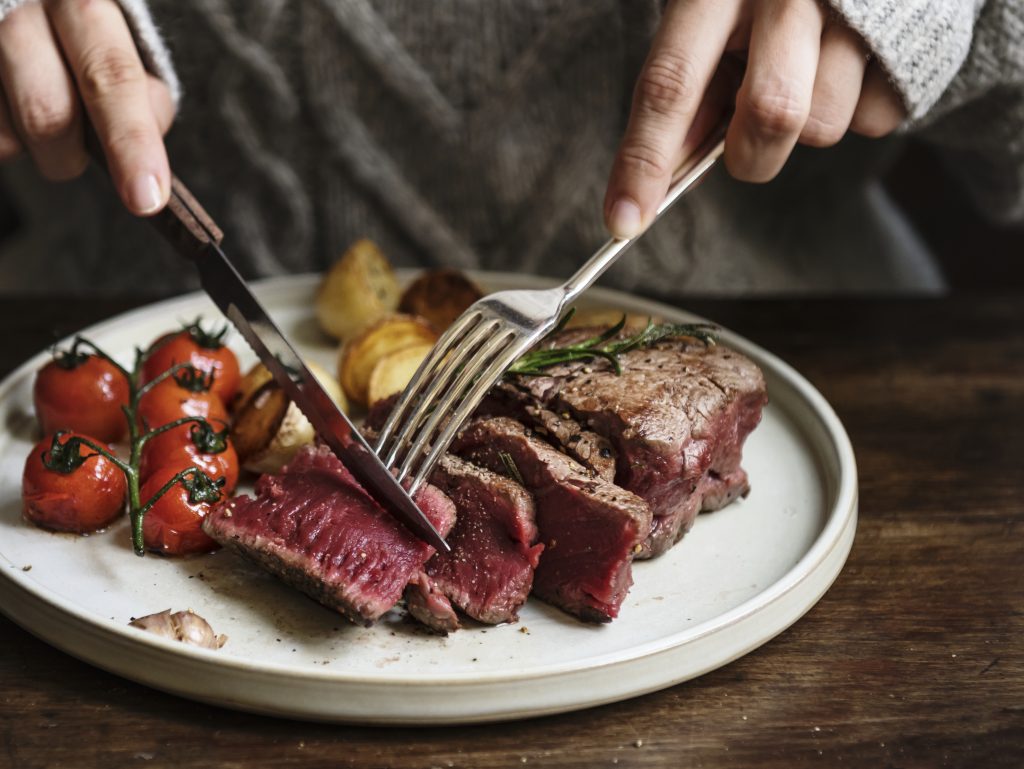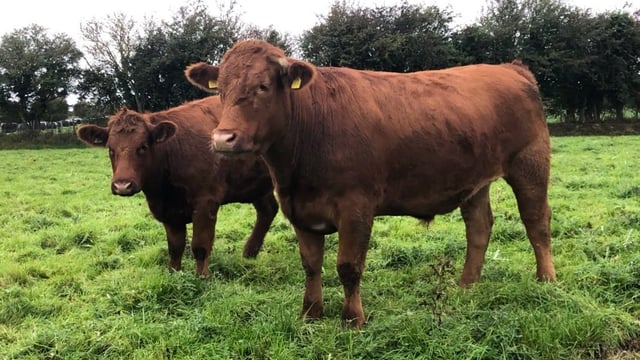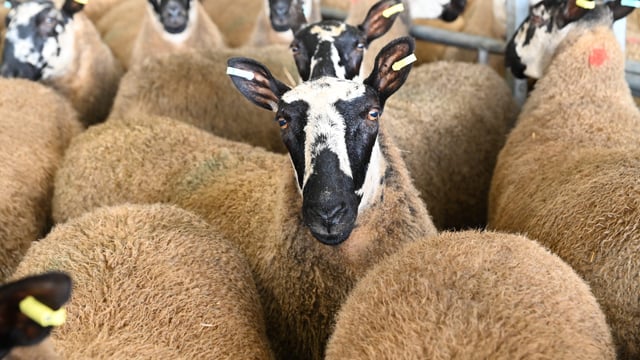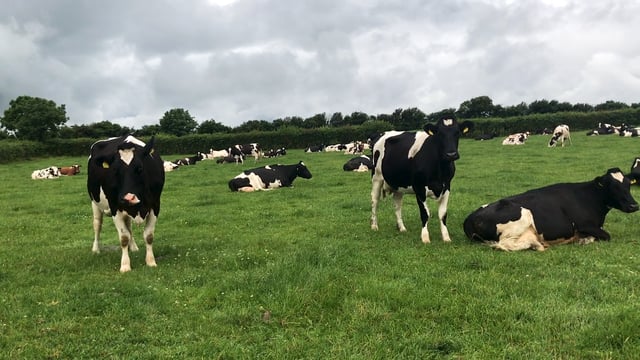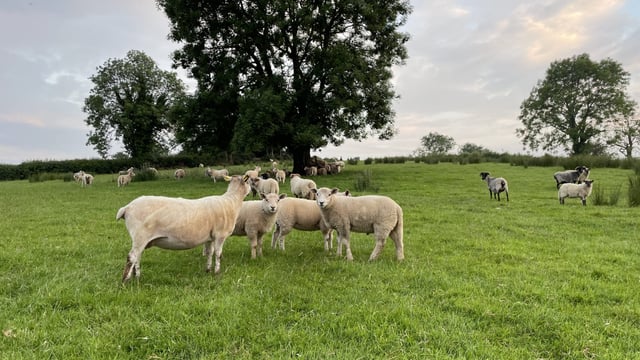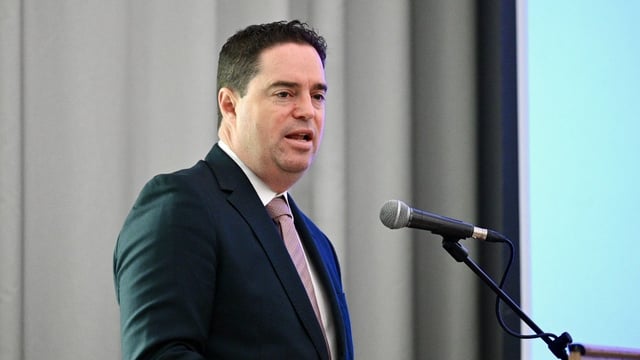Will Australian beef imports damage Ireland's UK export market?
Beef production in Australia is forecast to hit a record high this year which will underpin its export ambitions.
But could Australia's good fortune have a negative impact on Irish beef export targets?
According to market specialist with Bord Bia, Seán Deane, there has been 'unprecedented' levels of inflation in beef prices, particularly in the food sector in 2025.
Bord Bia published its annual Foodservice Market Insights report today (Tuesday, November 11) which highlighted both the challenges and opportunities now facing the Irish hospitality and foodservice market.
Deane said: "Irish food and drink exports in 2024 were around €17 billion, with just over a third of that destined for the UK market
"The UK is really strategic for Irish food and drink exporters, but beef specifically as around 50% of the beef exported from Ireland goes to the UK market.
"The relationship between Irish beef and UK customers is also really important because 70% of imported beef into the UK comes from Ireland."
Deane also highlighted that due to this increased level of inflation on the price of beef, the UK market has become 'very competitive', and to combat surging prices the UK has entered into trade deals specifically with Australia and New Zealand.
UK market
Separately David Cullen, CEO of Opinions Market Research told the audience today that he believes this is a concern for Ireland, and that Ireland has to be prepared for it.
He said: "I think Ireland’s well equipped to take on the challenge, and I think we have to be realistic too, and recognise where we’re at in relation to these things.
"There has been a significant opening up and there’s a commitment over the next five years to double beef sourcing from Australia, it’s already doubled in the last couple of years.
"So it’s significant, it’s much smaller than Ireland, it has to be said, we’re over 70% of what’s imported in terms of beef into the UK."
Cullen also stressed that there are challenges particular to the foodservice sector.
He said that 35% of the foodservice operators his company has been in contact with have already reviewed their supply agreements and a number of them have been unable to ignore the price differential that is opening up with Australia, in particular.
"There is a lot of beef coming in from New Zealand as well, but Australia seems to be the one that’s captured their imagination.
"Ireland is in a superior position but they [Australia] have a credible claim when it comes to things like sustainability, and they’ve got a good story to tell," he added.
Meanwhile Cullen emphasised that Ireland would "remain robust" and that its ability to get credible measurements, and data to feed into corporate systems in relation to sustainability was a 'big advantage'.
He said: "There’s a lot of interest even in the DNA profiling.
"We are recognised as being a perfect balance in being progressive in what we do, but foundationally very strong in terms of natural land and being considered green."
Consumer trends was also an important topic of conversation today with Cullen noting that cost-of-living pressures have had a 'very significant' bearing on people's behaviours.
He said "From a foodservice operator’s point of view, they’re dealing with tighter margins, and they can’t ignore the fact that a core raw material like beef is increasing in cost significantly.
"And what Ireland needs to ready itself for in terms of supplying, is that fillets have become sirloin, and sirloin have become feather blade.
"There is a trading down that is happening quite clearly, there’s also a reduction in size, 400g steaks are becoming 300g and so on.
"It’s often called 'shrinkflation', but it is a reality out there and it’s being driven by the need to maintain margins to survive, but it’s also being driven by consumers as a mechanism for health and wellness."

